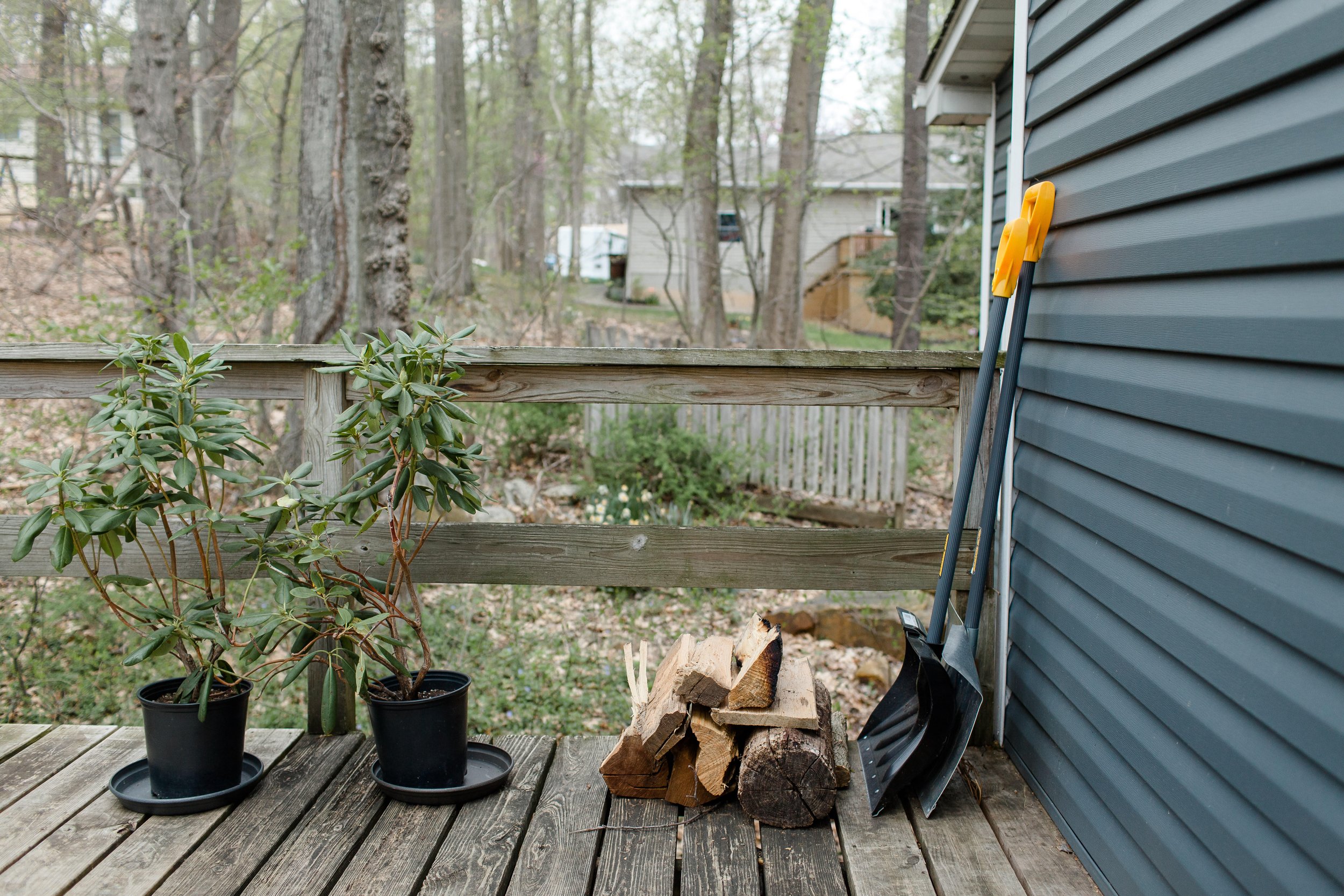Abide Together: Why Should We Study the Bible?
Today’s post is part of a six week series on how to start and facilitate a women’s Bible study group. We’ll cover the basics like what and why, as well as the more difficult parts, like who and how. Our hope is to encourage you to study God’s Word with fellow believers, equipping you with practical how-tos for starting a study in your local church or community. You can find the second, third, fourth, fifth, and sixth posts.
Are you stressed, parched, overwhelmed, and in need of direction in your life? Do you long to know God more and understand his love for you? Would you like to see more growth as you battle sins and minister to those in your sphere of influence? Are you confused about God’s plan for your life and how to have purpose in all you do? Could you use help in learning to train your children in the ways of the Lord? Do you wish you could hear God’s voice speaking to you? Well, the good news is, God has spoken, and you have access to his words.
Even when we recognize that the Bible is the ultimate resource for all of eternity, we can still feel overwhelmed opening a book originally written in foreign languages, more than three thousand years ago. Something so full of metaphors and detailed imagery (that seemingly doesn’t relate to a mom in the twenty-first century) can be difficult to apply, and honestly, sometimes we don’t “feel” any different right away. Questions about Scripture passages take time and study to answer, and not every passage has simple, direct application to our daily lives.
Why Should We Study the Bible?
To Know God
As image bearers of God, we can only understand ourselves correctly through the lens of who God is. He has given us his Word as an invitation to know him, and when we humbly open the pages of the Bible with a mind and heart to know our Creator, we are transformed more and more into the likeness of Christ. Careful study of Scripture reveals God’s character, plan, and purposes for our lives and all of creation. Only by understanding God’s nature can we grow in our love for him and understanding of who we are. As our mind engages in study, the affections of our heart will follow; right biblical thinking will lead to right biblical living.
To Be Changed
The words in Scripture challenge, encourage, convict, and change us. Scripture tells us that the Word of God is living and active with the power to judge our heart’s intentions and thoughts. It has the power to renew our minds, which transforms our lives. We may not see immediate fruit from a study, but the power of God’s Word is that it will stand forever and it will continue to help us become more like Jesus as we follow him. As we examine our hearts in light of Scripture, we begin to ask deeper questions: “What do we love most in life? What relationships and activities earn our time and attention? In what areas do I need to repent and ask forgiveness? Do we love what God loves and hate what God hates?” We need training and reminders from the Bible about what God says is good, pleasing, and perfect in his eyes if we’re going to walk in truth with the help of the Holy Spirit. Scripture is what helps us see our heart motivations, and in turn, it corrects and equips us for every good work to his glory.
If we love God and desire to know him more, then we should experience a deep desire to read and study the Bible, even if it’s hard or confusing at first. We don’t always “feel” the warm-fuzzies or have the motivation to read the Bible (just as we don’t always feel motivated to go to the gym) but God will meet us where we are and help us along the way.
When Should I Start a Bible Study?
There are many ways to study the Bible. We can do it individually or in groups, inductively or through a guided study, in church, at a coffee shop, or anywhere really! While there are many great methods (and half the battle is just getting started), for this series we will focus on studying a specific book of the Bible or a well-written topical study with a group of women.
God designed for us to live in community with one another, growing as followers of Christ in the context of a local church. A local church has a structure and leaders that are committed to truth and the spiritual protection of those in their flock. Because of that, a great place to start is by connecting with your church’s women’s ministry. Many times, there is already a study that you can join which brings together women from many generations and life experiences to grow in Christ together.
However, sometimes there are reasons to start a Bible study group on our own. Maybe you’re in an “off season” for your church’s Bible study, and there aren’t currently any groups to be a part of. Maybe you’re already involved in a church Bible study, but you want to do something more evangelistic to reach moms in your neighborhood or community. Or, maybe you just want more opportunities for gospel-fellowship with women in the stage of little ones, and starting a weekly Bible study will give you another chance to learn and encourage each other!
Whatever the reason, starting a Bible study group is valuable and surprisingly accessible. And over the next few weeks, we are going to walk you through each step. We hope you’ll keep reading as this series goes on to answer other common questions like:
“What’s the difference between doing a Bible study or learning through other resources like podcasts or devotionals?”
“How can I logistically gather a group of women and get started?”
“What do I need to know as a leader?”
“How do I choose Bible study materials?”
“How can group members work together to engage in great discussion?”
Studying alongside other women will provide accountability, mutual correction, different perspectives, and help everyone come to a deeper understanding of application of God’s Word. It’s a treasure to learn about God and be transformed alongside other women who desire to understand more about who God is. As we value God’s Word and learn about him together, God will transform us into his image for his glory in this world—there is no more worthwhile pursuit.










